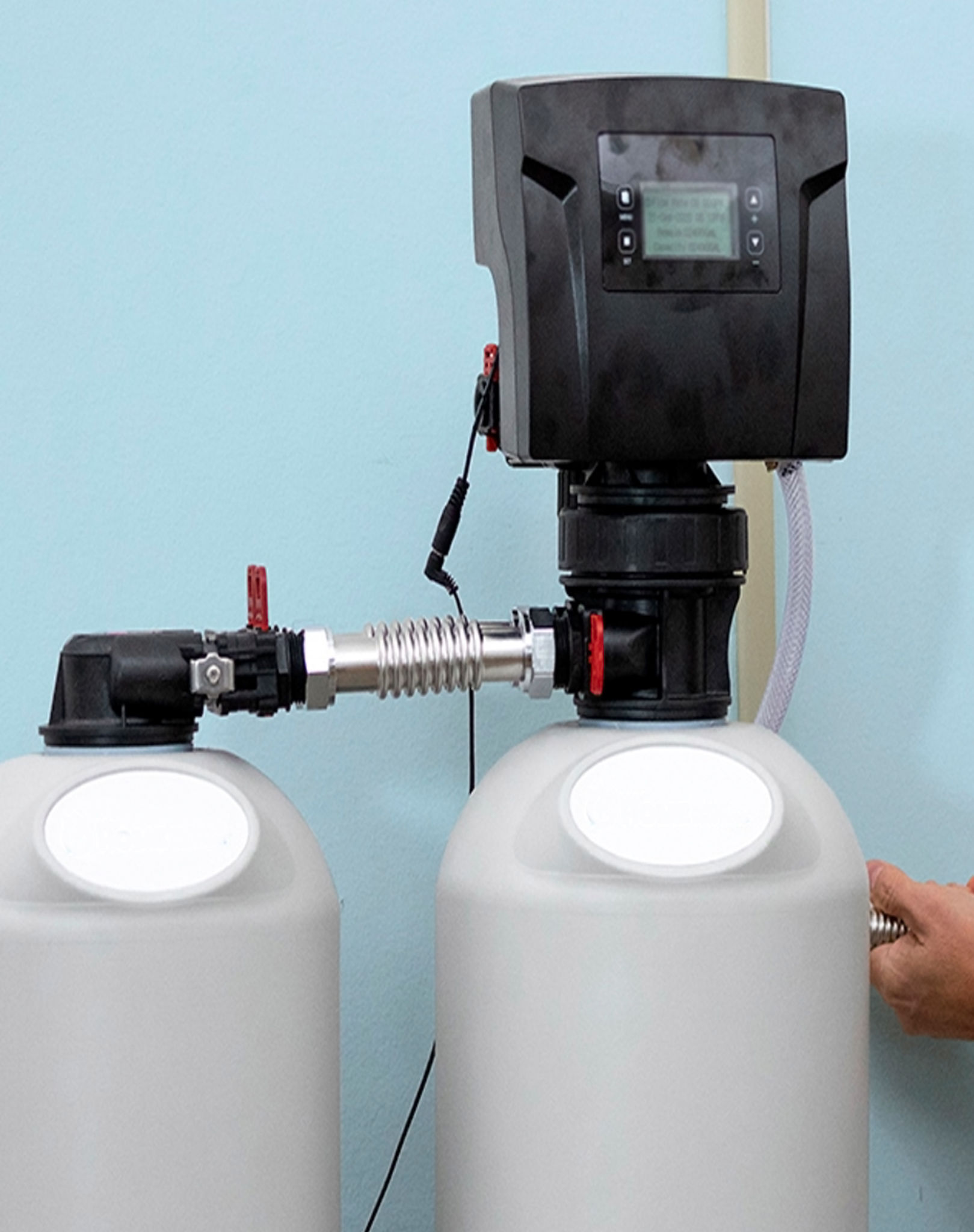Expert Insights: Top Myths About Water Softening Debunked
Understanding Water Softening
Water softening is a process that removes minerals like calcium and magnesium from hard water, making it "soft." While this practice is common in many households, it is often surrounded by misconceptions. In this post, we aim to debunk some of the most prevalent myths about water softening, providing you with expert insights into the process and its benefits.

Myth 1: Softened Water Is Unhealthy to Drink
One of the most common myths is that softened water is unsafe for consumption. This myth stems from the belief that sodium levels in softened water are too high. However, the amount of sodium added during the softening process is minimal and typically falls well within the safe consumption guidelines set by health authorities.
For individuals with specific health concerns, such as hypertension, it's advisable to consult a physician. Nevertheless, for the majority of people, drinking softened water poses no health risk.
Myth 2: Water Softeners Waste Water and Energy
Critics often claim that water softeners are inefficient and lead to significant water and energy waste. Modern water softeners are designed to be highly efficient, using advanced technologies to minimize both water and energy use. Newer models are more environmentally friendly and cost-effective than ever before.
In fact, using a water softener can extend the lifespan of your appliances and plumbing, reducing maintenance costs and saving energy in the long run.

Myth 3: Softened Water Feels Slimy
The sensation of "slimy" water after installing a water softener can be off-putting for some. This feeling is actually due to the absence of mineral deposits on your skin, allowing natural oils to remain. The result is a silky smooth texture rather than a soapy or slimy one.
Once accustomed to softened water, many people find it preferable for bathing and cleaning, as it helps maintain skin moisture and reduces soap scum buildup.
Myth 4: Water Softeners Are Expensive to Maintain
Another misconception is that water softeners are costly to maintain. While there is an initial investment, the maintenance of these systems is relatively low. Regularly adding salt to the brine tank is usually all that's needed to keep the system running efficiently.
Additionally, the savings on energy bills and reduced wear on appliances often offset the maintenance costs, making water softeners a wise long-term investment.

The Reality of Water Softening
Water softening provides numerous benefits that outweigh the myths and misconceptions surrounding it. From extending appliance life to improving the quality of household tasks, softened water can be a valuable addition to any home.
By understanding the facts, you can make an informed decision about whether a water softener is right for you. Remember, consulting with a professional can further clarify any concerns and help you choose the best solution for your household needs.
